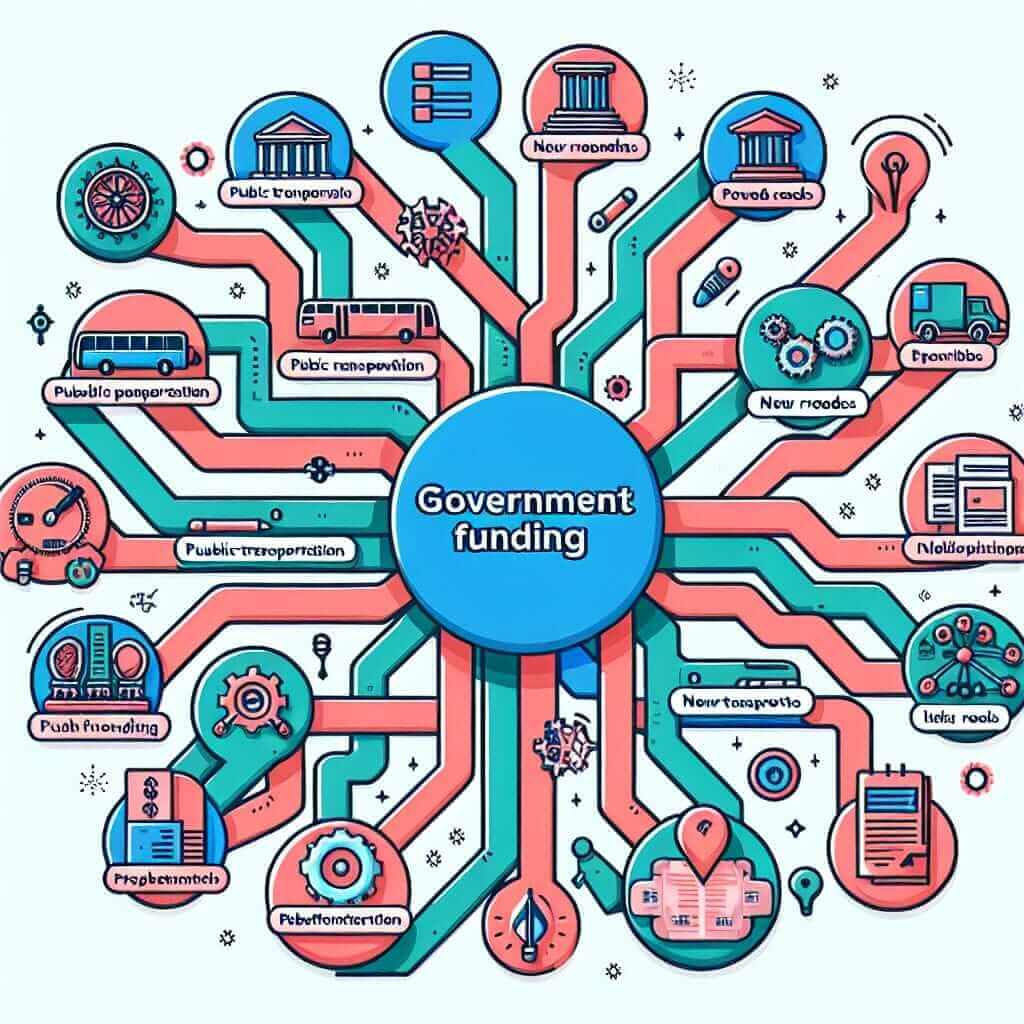For many aspiring IELTS test-takers, the Writing Task 2 essay presents a significant hurdle. One of the most common concerns is: “How do I come up with strong ideas under pressure?” As an IELTS instructor with over two decades of experience, I’ve witnessed firsthand the struggles students face. This comprehensive guide will equip you with proven strategies to generate compelling ideas and approach any IELTS Writing Task 2 prompt with confidence.
Understanding the Importance of Idea Generation
Before diving into the techniques, let’s underscore why mastering idea generation is paramount for IELTS Writing Task 2 success:
- Coherence and Cohesion: Strong ideas form the backbone of your essay, ensuring a logical flow and interconnectedness between paragraphs.
- Task Response: A rich pool of ideas allows you to address all aspects of the prompt comprehensively and relevantly.
- Vocabulary and Grammar Range: Articulating diverse ideas naturally leads to employing a wider range of vocabulary and grammatical structures, boosting your score in these areas.
Effective Strategies to Generate Ideas
Here are proven techniques to help you unlock a treasure trove of ideas for your IELTS essay:
1. Analyze the Prompt: Unpacking the Question
Begin by dissecting the prompt. Identify the keywords, understand the type of essay (opinion, discussion, problem/solution), and determine the specific issues you need to address.
Example Prompt:
“Some people believe that the government should fund public transportation more than building new roads. To what extent do you agree or disagree?”
Analysis:
- Keywords: government funding, public transportation, new roads
- Essay Type: Opinion (agree/disagree)
- Issues: Prioritizing public transport funding over road construction, analyzing the arguments for and against this approach.
2. Brainstorming: Unleashing Your Thoughts
Once you understand the prompt’s core components, unleash a brainstorming session. Don’t censor yourself; jot down any related thoughts, arguments, or examples that pop into your head.
Brainstorming for Example Prompt:
- Public Transportation: Reduces traffic congestion, environmentally friendly, accessible to low-income groups, promotes social interaction.
- New Roads: Accommodate growing populations, facilitate trade and commerce, create jobs in construction.
3. Mind Mapping: Visualizing Connections
Transform your brainstorming notes into a visually engaging mind map. Place the central theme at the center and branch out with related ideas, connecting them to reveal relationships and potential arguments.

4. Consider Different Perspectives: Broadening Your View
Step into the shoes of different stakeholders. How might a city planner, an environmental activist, or a business owner perceive the issue? This exercise can spark fresh insights and arguments.
5. Real-World Examples: Adding Credibility and Depth
Illustrate your arguments with real-world examples. Draw from current events, historical occurrences, or even personal experiences to make your points relatable and convincing.
Exam Tips for On-the-Spot Idea Generation
- Practice Makes Perfect: Regularly practice brainstorming ideas under timed conditions to simulate the exam environment.
- Stay Calm and Focused: Don’t panic if your mind draws a blank. Take deep breaths, reread the prompt carefully, and start with simple ideas.
- Quality over Quantity: It’s better to develop a few strong, well-supported ideas than to superficially touch upon numerous points.
Conclusion
Generating strong ideas for IELTS Writing Task 2 doesn’t have to be daunting. By implementing these strategies and dedicating time to practice, you can approach the essay with confidence and craft compelling responses that will earn you a high score. Remember, clarity of thought, supported by relevant examples and a well-structured argument, is the key to unlocking your desired band score.